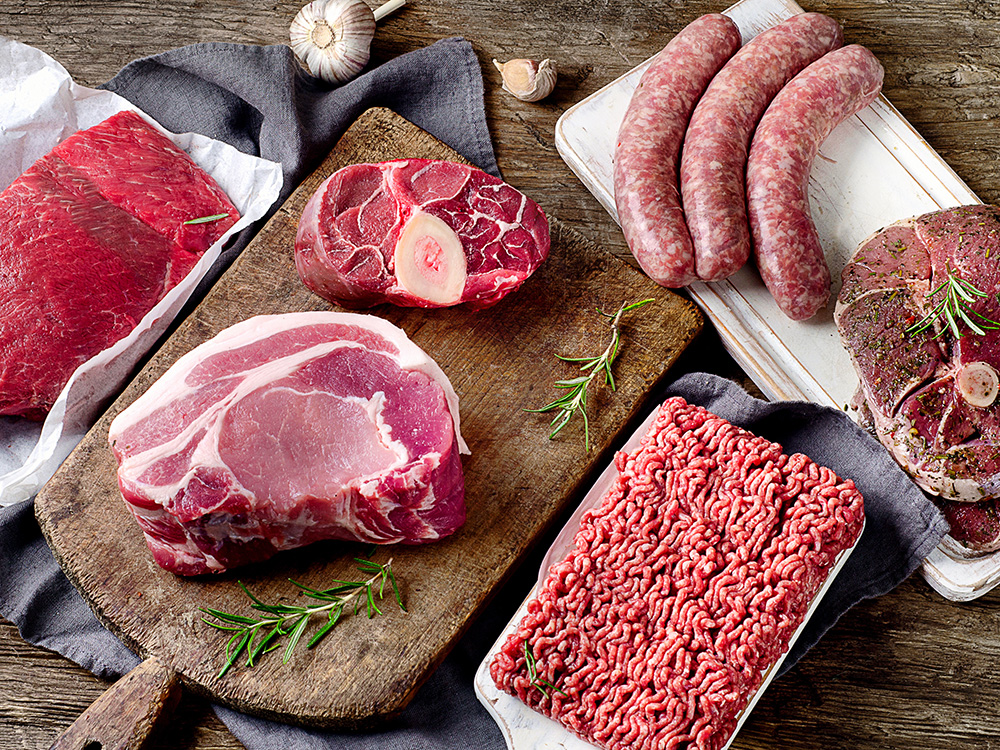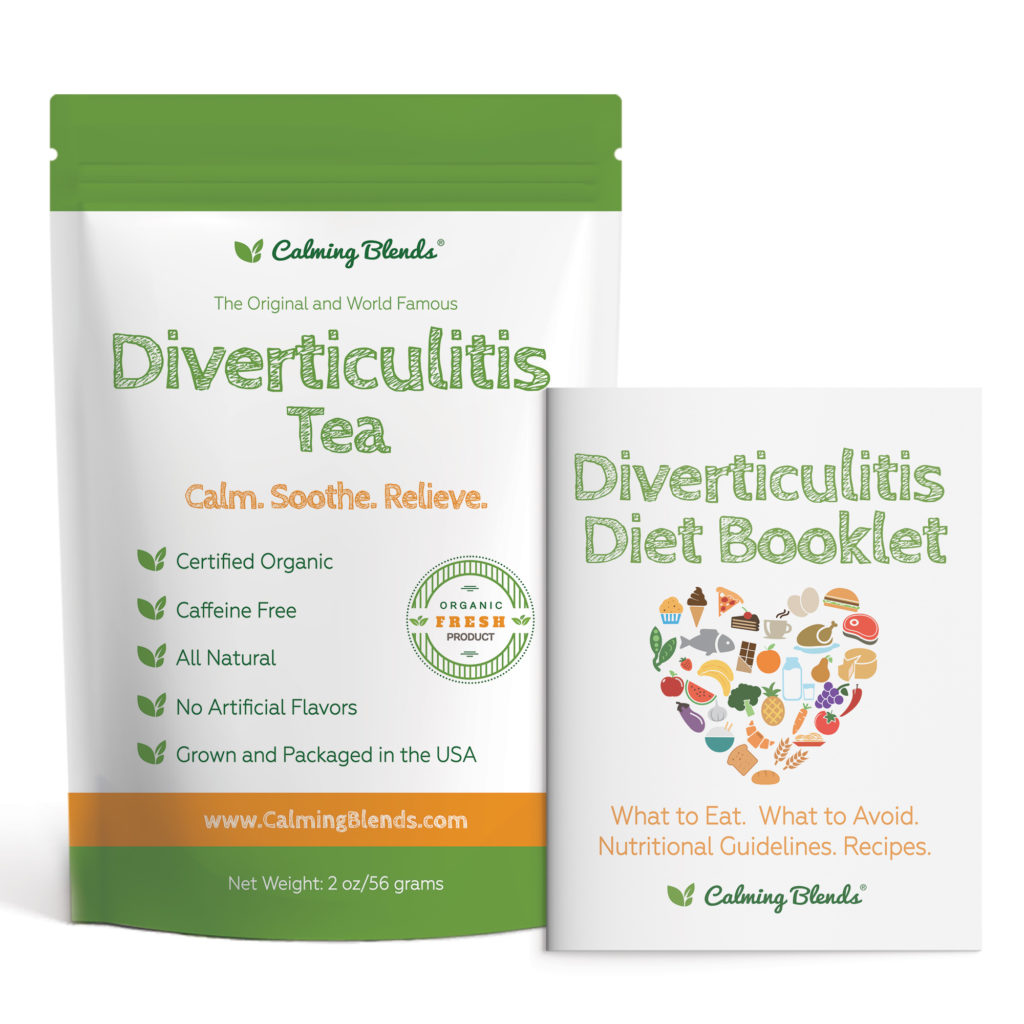Red Meat and Diverticulitis

Red Meat and Diverticulitis
Diverticulitis is a condition that affects the colon, causing small pouches or sacs, known as diverticula, to form in the lining of the colon. These pouches can become inflamed or infected, leading to a variety of symptoms such as abdominal pain, fever, and constipation. One of the key ways to manage diverticulitis is through diet, and certain foods, such as red meat, have been linked to an increased risk of flare-ups.
Why red meat should be limited for people with diverticulitis?
Red meat, such as beef, pork, and lamb, is high in fat and can be difficult to digest. This can cause stomach upset, including gas, bloating, and cramping, which can exacerbate symptoms of diverticulitis ¹. Furthermore, red meat is also high in cholesterol and saturated fat, which can increase the risk of heart disease and other chronic health conditions.
Eating a diet high in red meat can also increase the risk of diverticulitis flare-ups. This is because red meat is low in fiber, which is important for maintaining a healthy colon. Fiber helps to keep the stool soft and bulky, making it easier to pass through the colon. When there is a lack of fiber in the diet, the stool becomes harder and drier, making it more difficult to pass through the colon. This can cause increased pressure on the diverticula, leading to inflammation and infection.
How to reduce the risk of flare-ups
To reduce the risk of diverticulitis flare-ups, it is recommended to limit the intake of red meat and to increase the intake of high-fiber foods such as fruits, vegetables, and whole grains. These foods are not only high in fiber but also low in fat and cholesterol, making them a healthier option for those with diverticulitis. Eating a diet rich in fruits, vegetables, and whole grains can also help to lower the risk of chronic health conditions such as heart disease and diabetes.
Additionally, if you are suffering from diverticulitis, it is also important to drink plenty of fluids to stay hydrated and to help the stool pass through the colon more easily. Aim for at least eight glasses of water a day, and consider drinking fluids such as herbal teas, juices, or soups to help keep you hydrated.
In conclusion, red meat should be avoided or limited in diverticulitis diet. A high-fiber diet including fruits, vegetables, and whole grains should be consumed instead ². This will not only reduce the risk of diverticulitis flare-ups but also improve overall health and reduce the risk of chronic health conditions. Drinking plenty of fluids and staying hydrated is also important. Always keep in mind to consult with a healthcare professional or a dietitian before making any drastic changes to your diet.
Cao, Yin, et al. “Meat Intake and Risk of Diverticulitis Among Men.” PubMed Central (PMC), 9 Jan. 2017, www.ncbi.nlm.nih.gov/pmc/articles/PMC5533623.
“Harvard Researchers Link Diverticulitis to Red Meat – Harvard Health.” Harvard Health, 1 Apr. 2017, www.health.harvard.edu/digestive-health/harvard-researchers-link-diverticulitis-to-red-meat.
Calming Blends health’s content is for informational and educational purposes only. Our website is not intended to be a substitute for professional medical advice, diagnosis, or treatment.
